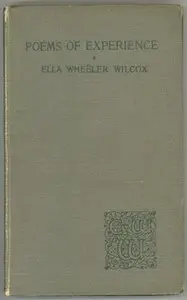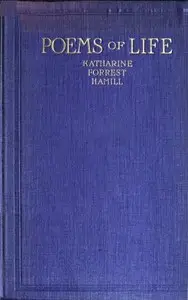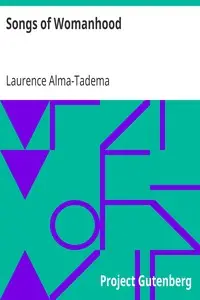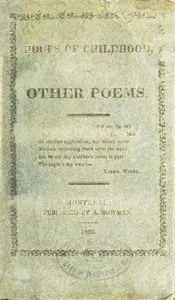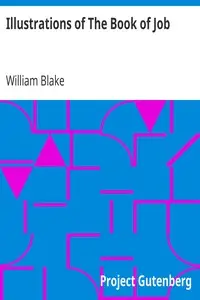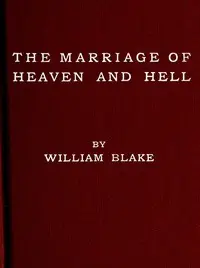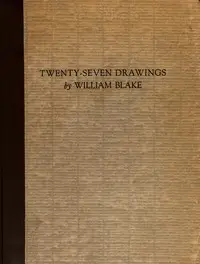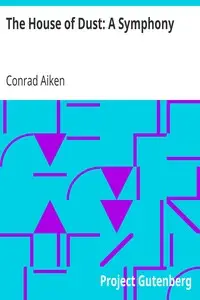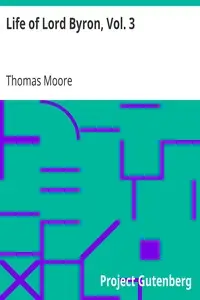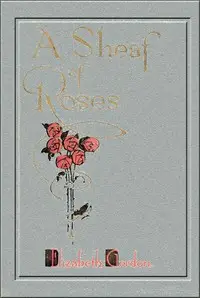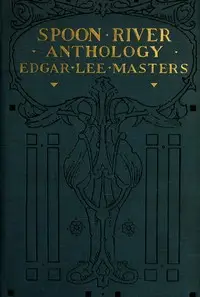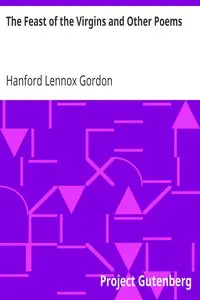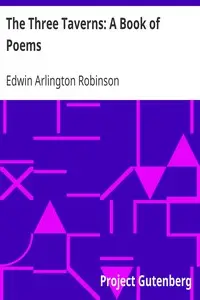"Songs of Innocence and of Experience" by William Blake is a poetic journey through two contrasting states of being. Written during the Romantic era, the collection looks at both the bright side of childhood and the harsh truths of adulthood. One half paints a picture of pure joy and connection to nature, with gentle characters and peaceful scenes of shepherds and lambs. The other half throws light on the tougher parts of life, like suffering and moral questions, with intense poems that make you think about the world around you. By putting these two worlds side by side, the collection shows the full range of human feelings.
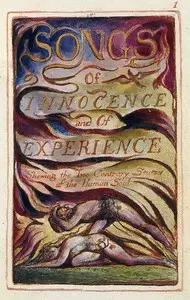
Songs of Innocence and of Experience
By William Blake
From the sweet dreams of youth to the harsh realities of adulthood, this collection of poems explores what it means to be human.
Summary
About the AuthorWilliam Blake was an English poet, painter, and printmaker. Largely unrecognised during his life, Blake has become a seminal figure in the history of the poetry and visual art of the Romantic Age. What he called his "prophetic works" were said by 20th-century critic Northrop Frye to form "what is in proportion to its merits the least read body of poetry in the English language". While he lived in London his entire life, except for three years spent in Felpham, he produced a diverse and symbolically rich collection of works, which embraced the imagination as "the body of God", or "human existence itself".
William Blake was an English poet, painter, and printmaker. Largely unrecognised during his life, Blake has become a seminal figure in the history of the poetry and visual art of the Romantic Age. What he called his "prophetic works" were said by 20th-century critic Northrop Frye to form "what is in proportion to its merits the least read body of poetry in the English language". While he lived in London his entire life, except for three years spent in Felpham, he produced a diverse and symbolically rich collection of works, which embraced the imagination as "the body of God", or "human existence itself".

